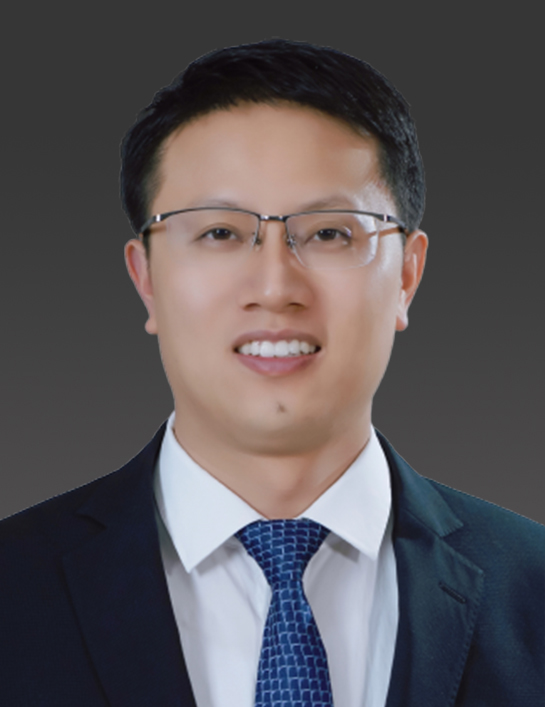First-round Invitation - The 5th Sino-Euro Global Forum on Hospital Management, Specialty Construction & Talent Cultivation 2025

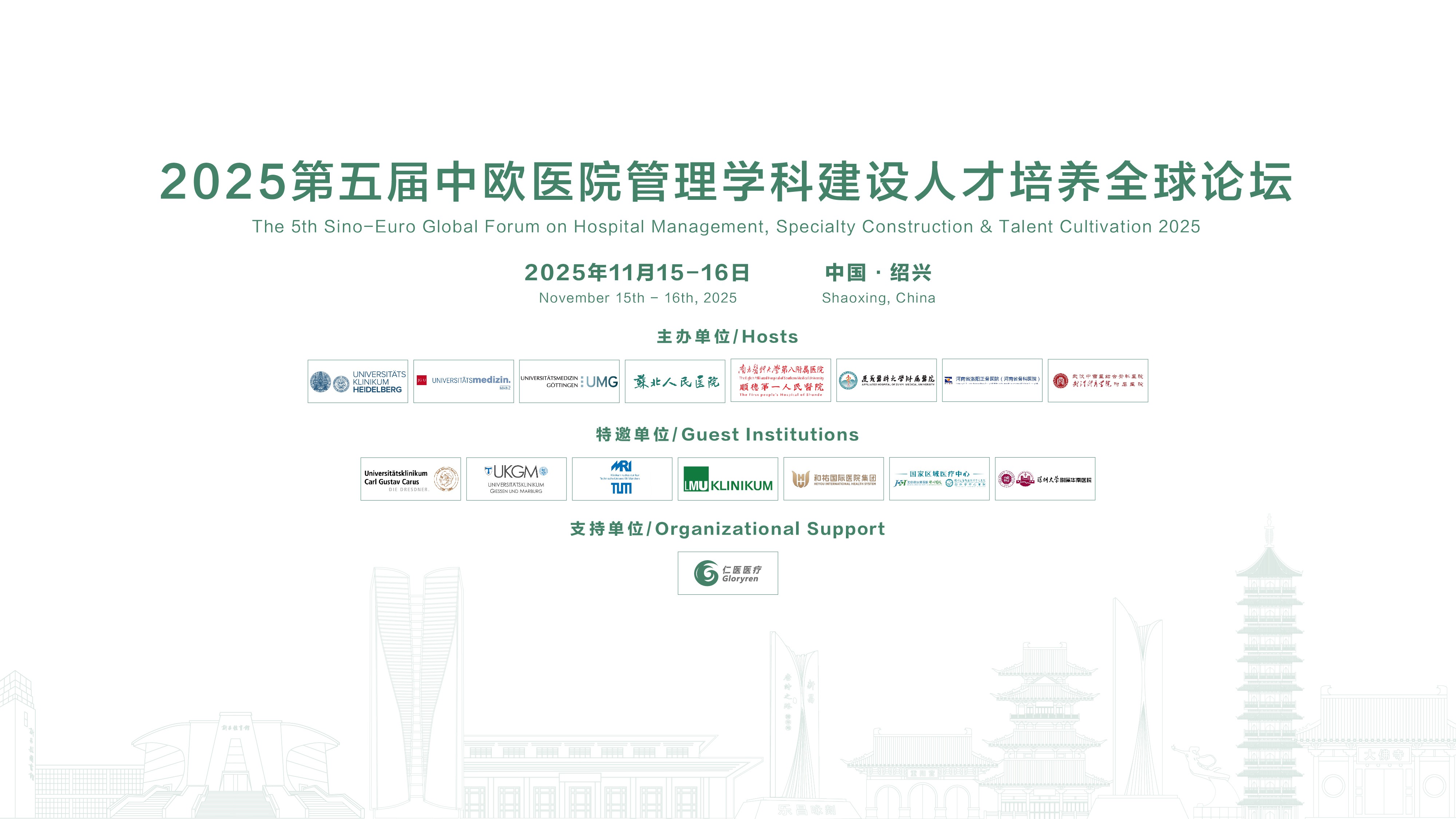
Nov.15th to 16th,2025 (Sat. to Sun.)
Grand Dongshan Shaoxing, China
1
Registration
Nov.15th, 10:00-18:00
2
Internal Pre-meeting of Faculty of SEOS 2025
Nov.15th, 17:00-17:40
3
Opening Ceremony of SE0S 2025 Global Press Conference
Nov.15th, 18:00-21:00
4
The 5th Sino-Euro Global Forum on Hospital Management, Specialty Construction & Talent Cultivation 2025
Nov. 16th, 8:30-12:00
Because of you all, this life has truly been worth living
Hosts
2025SEOS
Heidelberg University Hospital, University Medical Center Mainz, University Medical Center Göttingen, Northern Jiangsu People's Hospital, The Eighth Affiliated Hospital of Southern Medical University, Affiliated Hospital of Zunyi Medical University, Orthopedic-Traumatological Hospital of Henan Province, Wuhan Orthopedics Hospital of Integrated Traditional Chinese and Western Medicine(The Affiliated Hospital of Wuhan Sports University)
Guestinstitutions
2025SEOS
University Hospital of TU Dresden, University Hospital Giessen and Marburg GmbH(Campus Giessen), University Hospital of the Technical University of Munich, University Hospital of Munich, Heyou International Health System, Zhengzhou Central Hospital (Beijing Jishuitan Hospital Zhengzhou Hospital),South China Hospital of Shenzhen University
Organizational Support
2025SEOS
Guangzhou Gloryren Medical Technology Co., Ltd
Question List for 4th Sino-Euro Global Forum on Hospital Management, Specialty Construction & Talent Cultivation
(l) Hospital Management
08:40-09:40
1. Nowadays, a large number of patients in many Grade III Class A hospitals in China come from outside their local regions, what does the trend indicates? Facing the cross-regional flow of patients, how should the management of the hospital optimize resource allocation and service capacity?
2. What impacts does the adjustment of the prices for medical service(such as fees for examination, surgery, and hospital bed?) have on hospital revenue and specialty development respectively?
3. In recent years, China has been implementing a tiered diagnosis and treatment system designed to guide patients to first visit primary care providers before being referred to higher-level hospitals if needed. Despite this, many patients continue to bypass primary care providers and directly seek care at Grade III Class A hospitals. What should be the appropriate role and positioning of large public hospitals within this context?
4. Could the digitalization of hospitals, such as the interoperability of electronic medical records, AI-assisted diagnosis, etc., significantly improve management efficiency, or would it instead place an additional burden on clinical work?
5. What are the differences between Chinese and German hospitals in terms of their performance evaluation and incentive systems? In China, doctors’ income is often directly tied to workload and the revenue of the department. How does this volume-based model promote or limit specialty development?
(ll ) Specialty Construction
09:40-10:40
1. In specialty development, how to achieve the balance between the improvement of specialized capabilities and multi-disciplinary(MDT) collaboration?
2. How can non-research-oriented departments promote their academic influence despite lacking research capacity, infrastructure and personnel?
3. When planning specialty development, how can hospitals balance meeting local healthcare needs with pursuing cutting-edge international technologies?
4. What is the core competitiveness for building “a first-class international specialty”?
5. How can hospital management set performance indicators for each department to drive genuine development rather than simply focusing on quantitative targets?
(lll) Talent Cultivation
10:40-11:40
1. How can we help young doctors rediscover their professional sense of purpose under high-pressure working condition?
2. What experiences can be learned from the German medical education system in cultivating professionalism?
3. How young doctors be trained to build psychological resilience in when facing medical disputes?
4. With the prevalent issue of burnout among young doctors, should hospitals incorporate mental health support into their talent training systems?
5. How to establish a comprehensive internal training systems instead of relying solely on the recruitment of external talents?
European Presidium
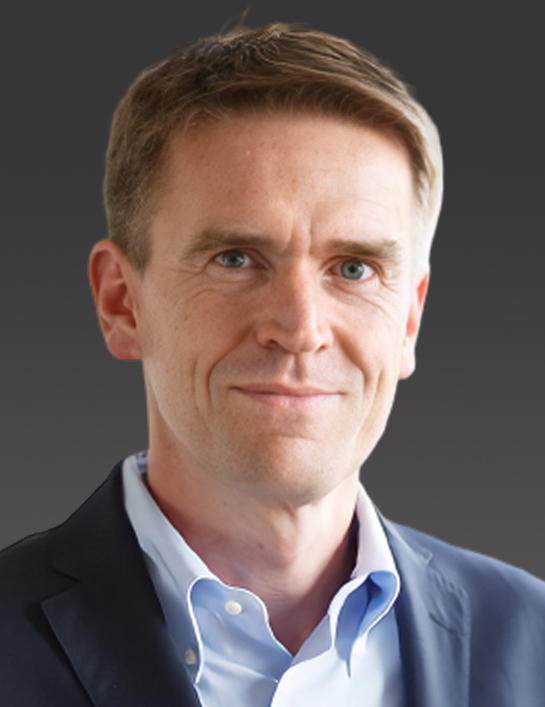
Prof. Dr. med.
Wolfgang Wick
Member of the German National Academy of Sciences Leopoldina
Director of the Department of Neurology Heidelberg University Hospital
Chairman of the German Science and Humanities Council (WR)
Prof. Dr. med.
Norbert Pfeiffer
Member of the German National Academy of Sciences Leopoldina
Former CEO.Former Medical Director and Former Director of the Department of Ophthalmology, University Medical Center Mainz
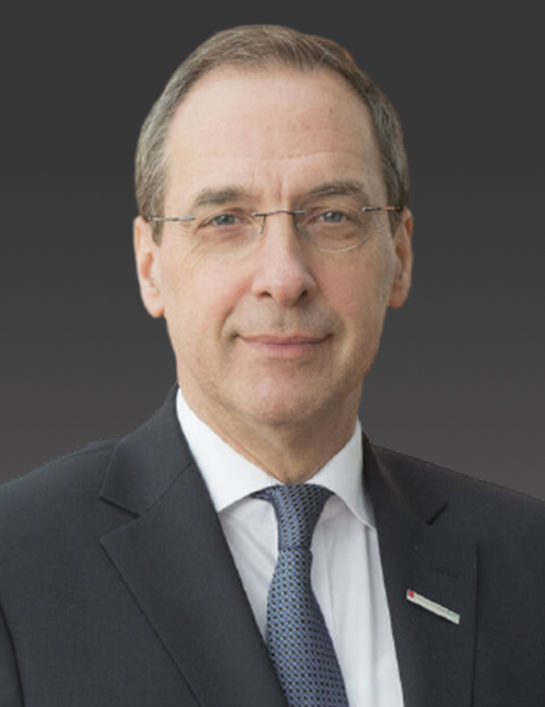
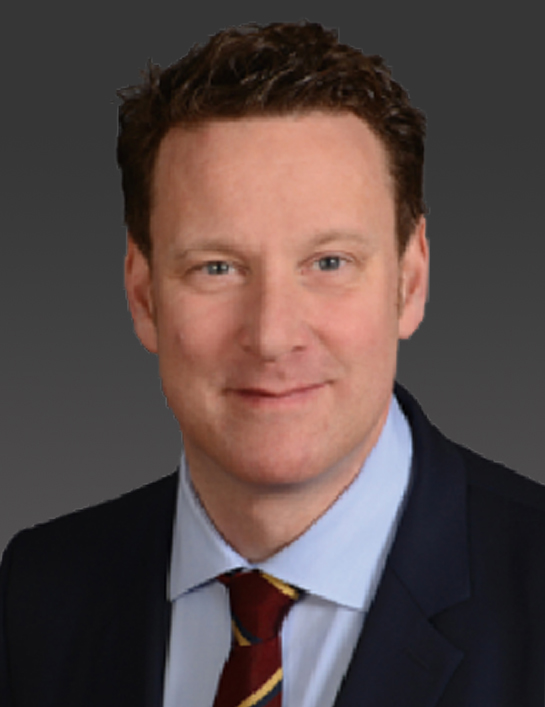
Prof. Dr. med.
Wolfgang Lehmann
Director of the Department of Trauma Surgery Orthopedics and Plastic Surgery, University Medical Center Göttingen
President-elect, German Society forTrauma(DGU)2027
Local Presidium
Prof. SHU Yusheng
Former Secretary of the Party Committee, Northern Jiangsu People's Hospital
Dean, School of Clinical Medicine, Yangzhou University
Standing Committee, Yangzhou Municipal People's CongressVice Chairman, Yangzhou Science and Technology Association
Vice Chairman, Branch of Municipal Hospitals, Chinese Hospital Association
Director, Jiangsu Provincial Quality Control Center for Daytime Medical Services
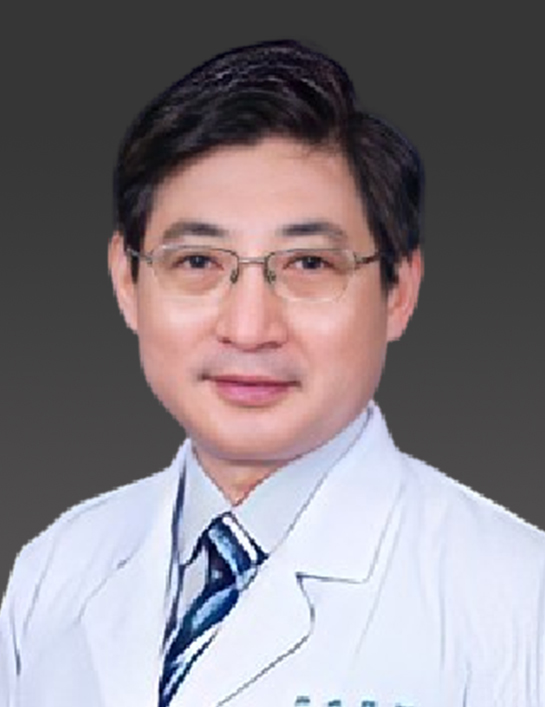
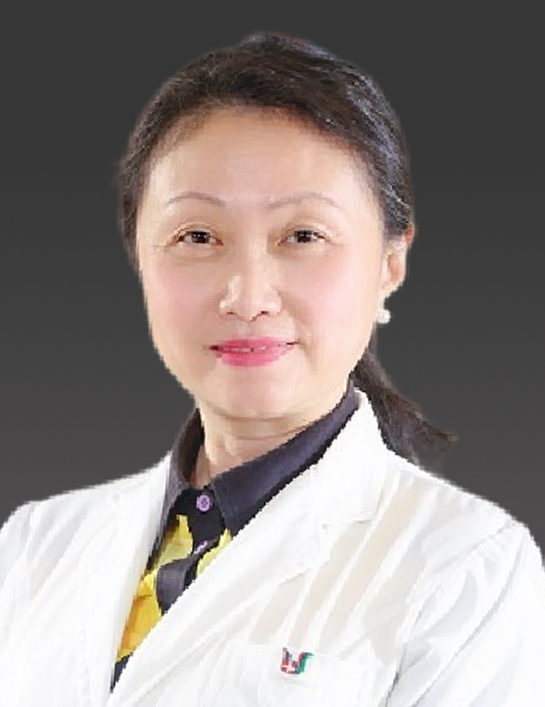
Prof. SHEN Jie
President, The Eighth Affiliated Hospital of Southern Medical University
Prof. WEI Zairong
Vice President, Affiliated Hospital of Zunyi Medical University
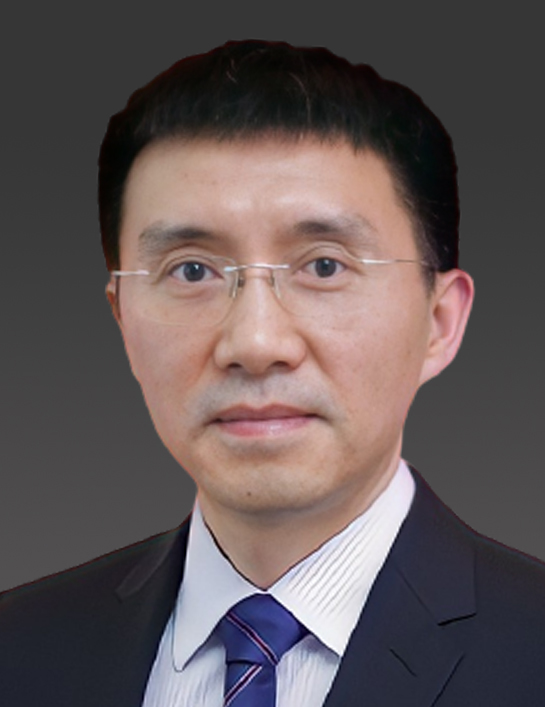
Executive Presidium
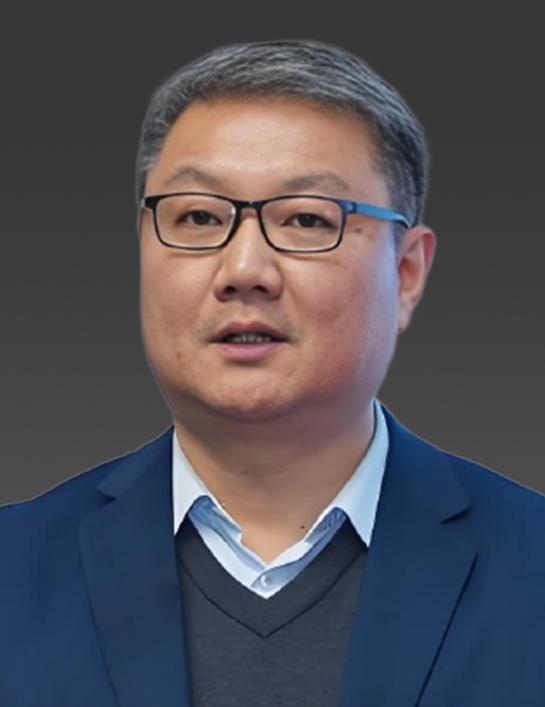
Prof. WU Xiaolong
Deputy Secretary of the Party Committee, President, Luoyang Orthopedic-Traumatological Hospital of Henan Province
Prof. LI Xugui
President, Wuhan Orthopedics Hospital of Integrated Traditional Chinese and Western Medicine(The Affiliated Hospital of Wuhan Sports University)
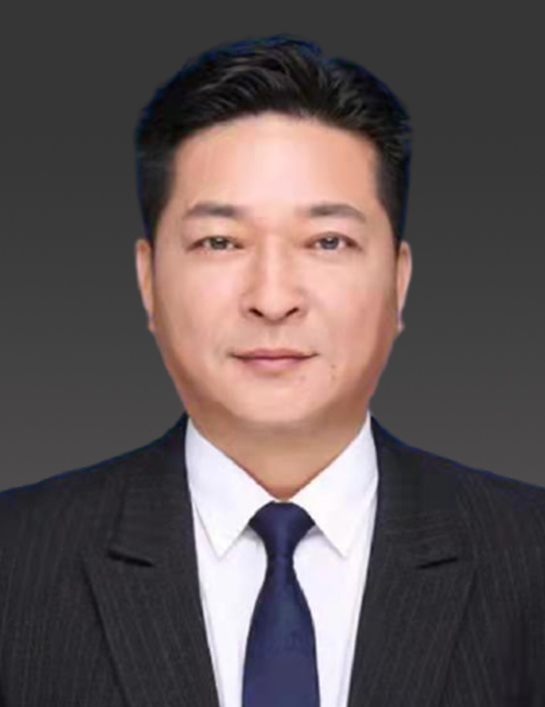
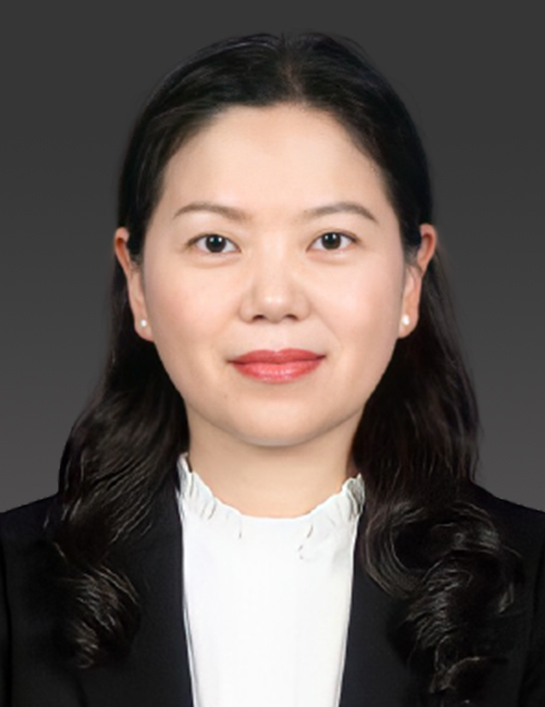
Prof. CHEN Lina
President, Shaoxing Central Hospital
Special Guests
Prof. Dr. med.
Stefan R. Bornstein
Member of the German National Academy of Sciences Leopoldina
Director of Medical Clinic and Polyclinic III and the Center for Internal Medicine, University Hospital of TU Dresden
Dean of TransCampus, King's College London, Technical University of Dresden
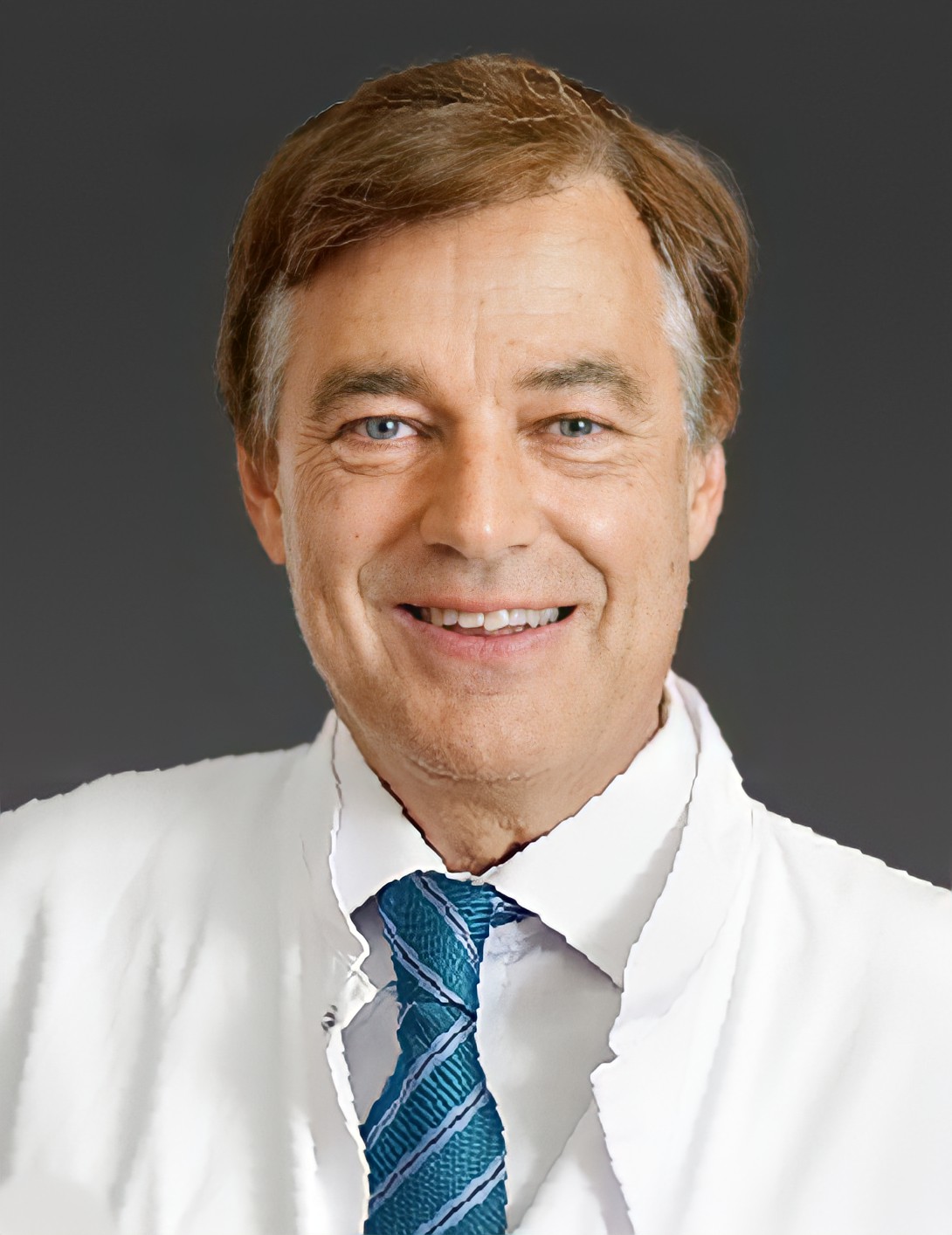
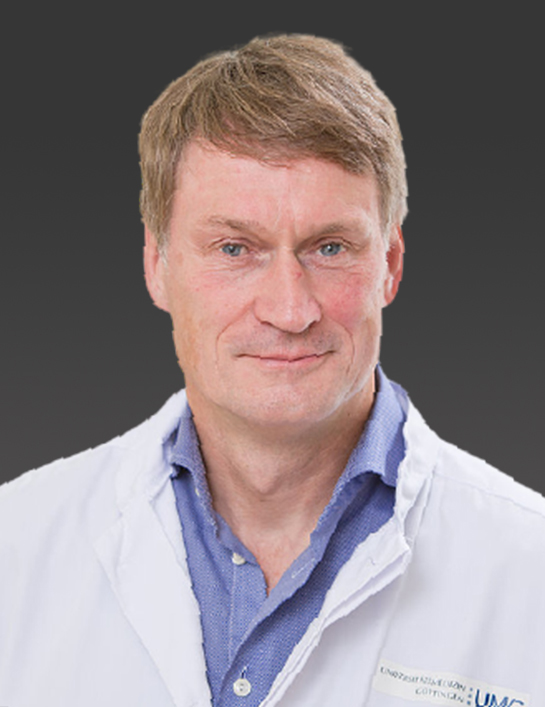
Prof. Dr. med.
Veit Rohde
Director of Department of Neurosurgery, University Medical Center Göttingen
President of the German Society of Neurosurgery (DGNC) 2022-2024
Prof. Dr. med.
Jens Wiltfang
Director of the Department of Psychiatry and Psychotherapy, University Medical Center Göttingen
Director of Clinical Research at the German Center for Neurodegenerative Diseases (DZNE), Göttingen
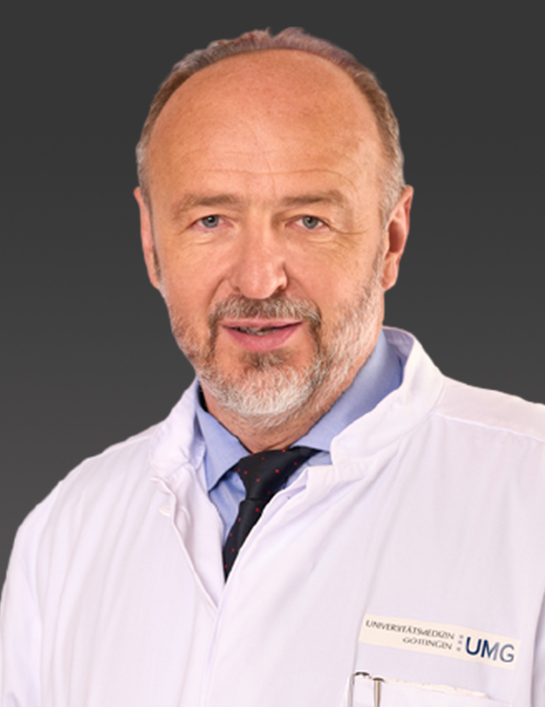
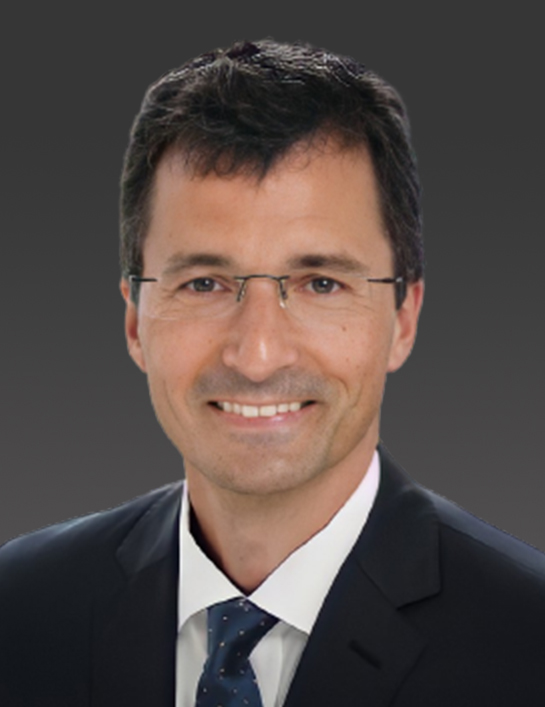
Prof. Dr. med.
Florian Wagenlehner
Director of the Department of Urology, Pediatric Urology and Andrology, University Hospital Giessen and Marburg GmbH(Campus Giessen)
President of the EAU Section of Infections in Urology (ESIU) 2016
Prof. Dr. med.
Hans-Günther Machens
Director of the Department of Plastic Surgery and Hand Surgery, University Hospital of the Technical University of Munich
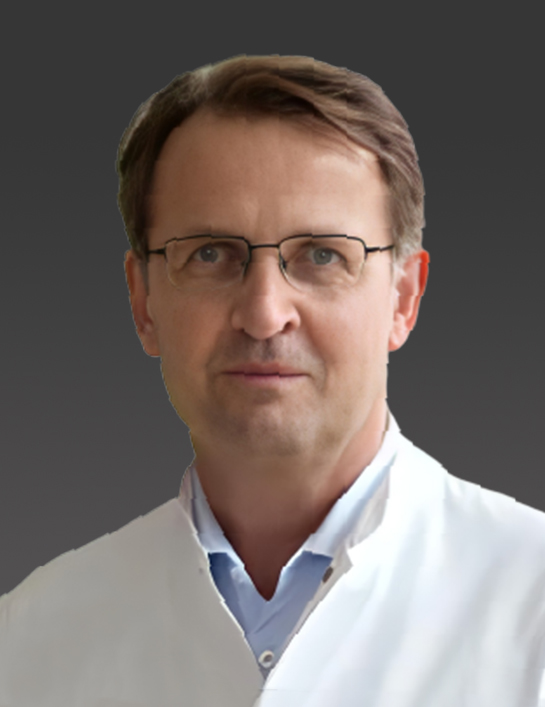
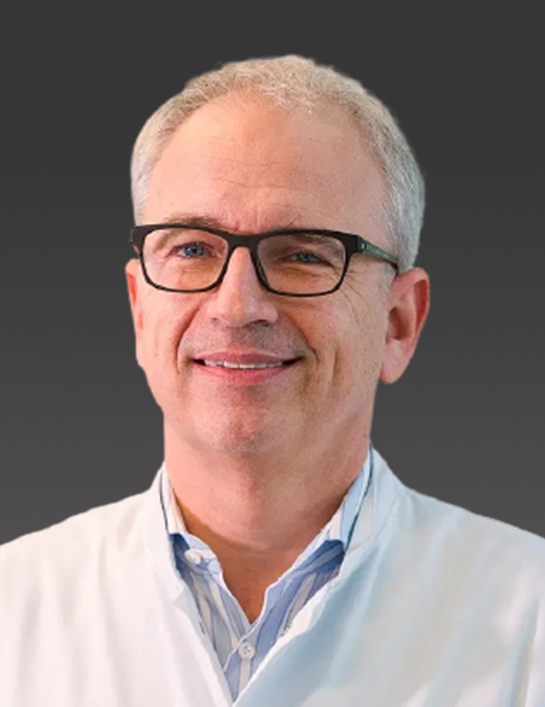
Prof. Dr. med.
Michael Fischereder
Head of the Division of Nephrology, Medical Clinic and Policlinic IV, University Hospital of Munich
Deputy Chairman of Bavarian Regional Association of Professional Association of German Internists (BDI) 2016
Prof. LIU Xiaofang
President, Heyou International Health System
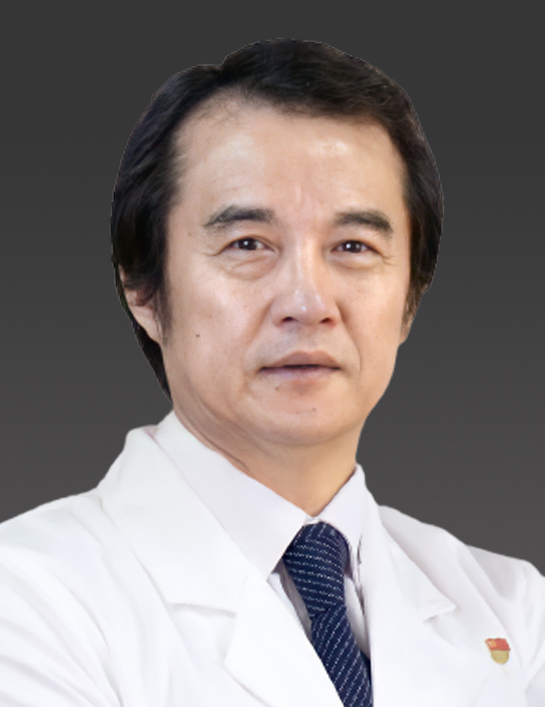
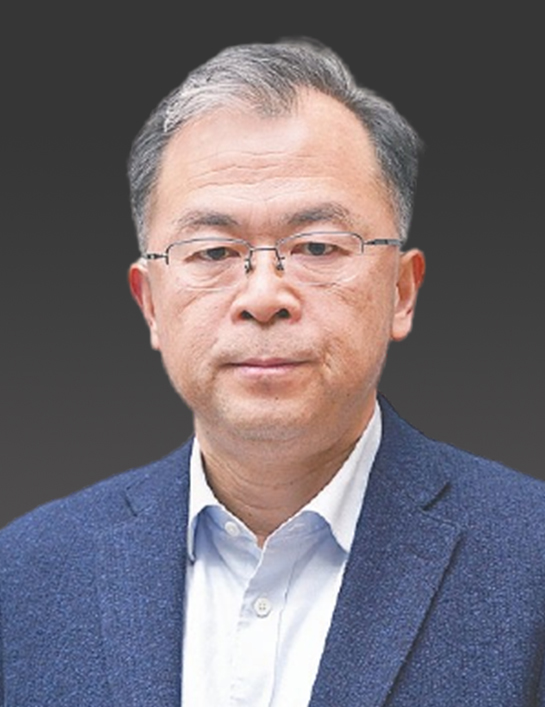
Prof. Huang Wanxin
President, Zhengzhou Central Hospital (Beijing Jishuitan Hospital Zhengzhou Hospital)
Prof. Wu Song
Professor, South China Hospital of Shenzhen University
